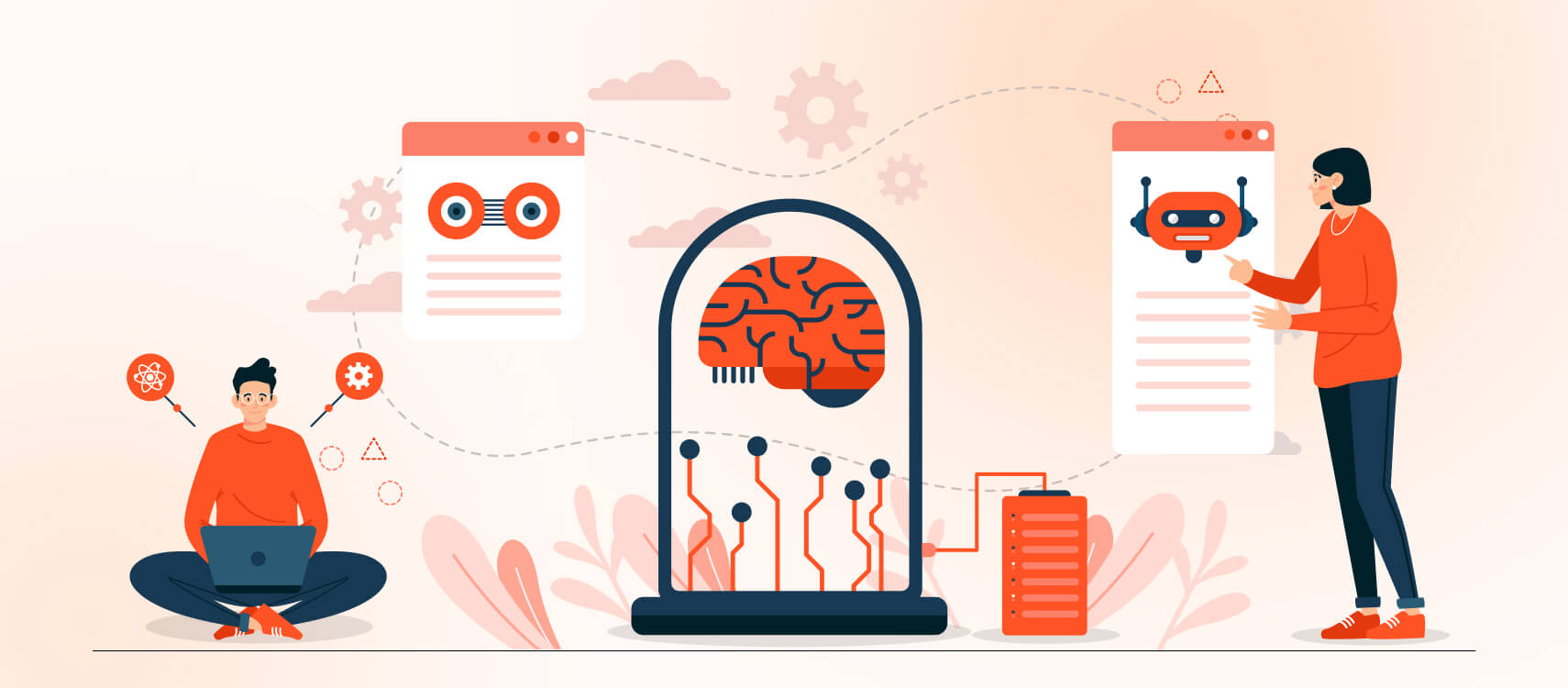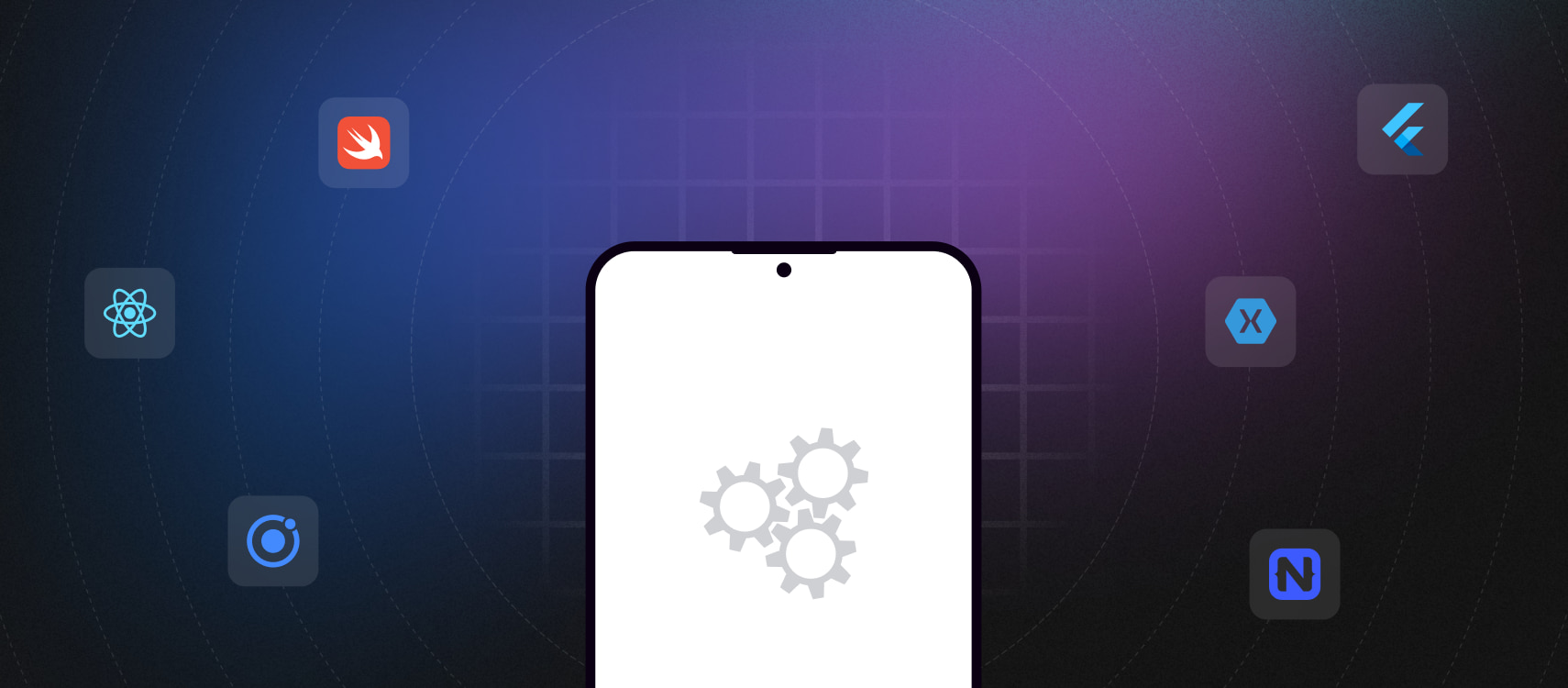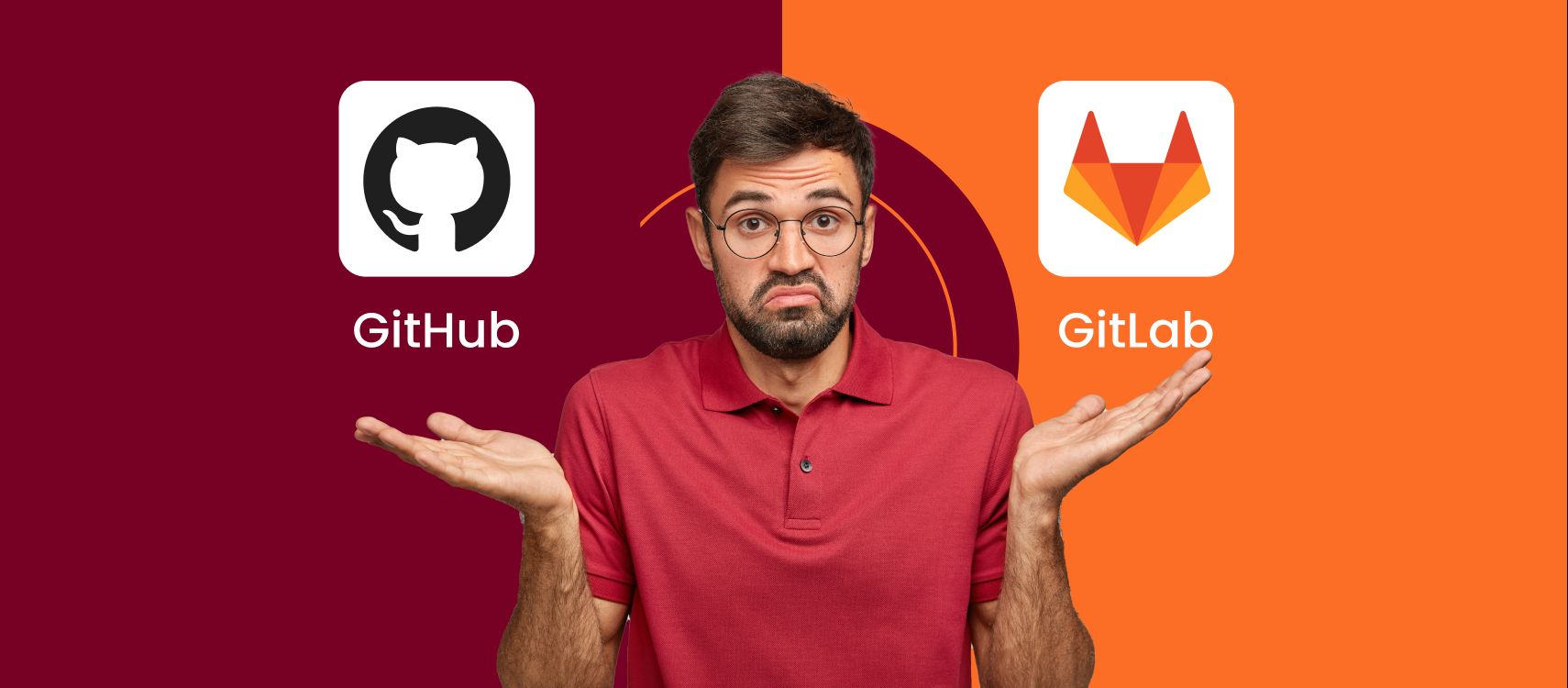Table of Contents
- AI in Dev: Leader's Views
- AI’s Software Development Role
- Future-Proof Dev Skills
- Ending Notes
For any software development company, the future still holds partly the mystery of AI-driven coding. While AI tools are already adept at delivering the code of an entire application or website, human intervention is still proving to be critical. But how long is the scenario going to remain the same? In this blog post, we would like to answer many of these questions.
What Do Industry Leaders Think of the Role of AI in Software Development?
Mark Zuckerberg, Meta CEO, thinks that all the apps, even the AI app, will be coded by AI at some point in time. Just last year, Arvind Krishna, the CEO of IBM, predicted that almost 30% of back-office IT jobs could be replaced by AI by 2028. The statement of Salesforce CEO Marc Benioff went viral when he said that his company is not hiring software engineers anymore as they have successfully optimized productivity by leveraging their proprietary AI tool Agentforce and a few other AI tools. These remarks represent the overall industry observation about AI’s role in shaping the software engineering landscape.
The question is, what will be the future of future developers and engineers? Can every developer think of joining an AI software development company that requires only a few super-skilled human engineers to monitor and bring human elements while AI tools generate code? Many industry leaders think new skills like data modeling, data engineering, and data analytics will rule the future of AI.
What Does AI Do in the Field of Software Development?
AI brings the edge of intelligent automation in the field of software development. It does so not just by generating code but also through test automation and implementation of best practices and workflows. Here are some of the ways AI is shaping software development.
Code Automation
Generating code for an app is probably the biggest contribution of AI to software development. Thanks to automated coding by AI tools, a software development company can build and deploy a sideware much faster and at less cost.
It’s not just regular prompts requesting the AI tool to generate code for a particular function, these tools can also generate code based on the context and learning from user comments. This hyper-proactive role of AI in coding gives it a definitive edge over human engineers and developers.
Precise Code Cleaning and Bug Detection
AI is increasingly being used for software quality control. While bug detection and code organization and cleaning consume significant time and resources, AI tools can detect all issues, errors, and bugs almost instantly.
This fast-paced QA process powered by AI has made software testing and deployment much faster and streamlined. With an AI-powered functionality testing or bug detection tool, developers can now see all the vulnerabilities and security risks well in advance, leading to fool-proof product release
Streamlining Workflows
AI tools can do excellent in organizing tasks and streamlining workflows in a development environment. When it comes to workflow streamlining, AI tools can be highly effective in analyzing past data.
These days, machine learning models are being leveraged to predict development timelines and create a priority list of tasks. These tools are also effective in identifying potential security threats and risks involved in the project. Based on AI-driven insights and an accurate hierarchy of priorities, managing the project from start to finish becomes less time and resource-consuming.
Personal Coding Assistant
Personal coding assistants powered by AI can now help developers write code based on their style and follow their typical habits. Several creative coding assistants learn from individual developers’ nuances and habits and, accordingly, deliver the results. These tools, besides generating code, can also intuitively suggest optimizations, changes, and value additions.
AI-powered Test Automation
Test automation tools powered by AI have already become part and parcel of the threat QA engineer’s toolkit. These tools, from generating a multitude of different test cases to running automated testing to forecasting code breakages, can do a lot of things to streamline test activities.
AI-powered QA tools, such as Testim and Applitools, leverage machine learning models for different QA tasks. When most of the QA testing tasks are taken care of by AI tools, much of the manual testing efforts, testing time, and resources can be saved.
Leveraging Best CI/CD Practices
Some software development protocols like Continuous Integration and Continuous CI/CD development have also been impacted by AI. AI makes the CI/CD approach more meticulous and robust through precise test predictions and quick test case generation. Machine learning models are now able to predict the failure and success of specific tests. AI test automation tools help humans do away with the manual monitoring of tests.
The most important Developer skills to stay relevant in the AI age
AI doesn’t represent any tool; it represents a shift of mindset from human-controlled technologies to intelligent automation. While instantly AI-powered tools won’t replace engineers and developers, it will present them with a new challenge of updating skills around data analytics and AI. Let’s look at some of the most wanted technical skills software developers must have in the age of AI.
Machine Learning (ML) and Data Science
To stay relevant and prosper as a software engineer, you must learn machine learning technologies. Some of the most common skills developers should have include data modeling, data cleaning and pre-processing, ML algorithms, model implementation, and deployment. Altogether, developers should have a solid background in the field of data science and AI/ML.
Neural Networks and Deep Learning
Another two crucial components in the modern avatar of AI are Deep Learning and neural networks. Both play a critical role in AI fields like image processing automation, data sequencing, and data modeling. Particularly, they need to learn the two latest AI tools, TensorFlow and PyTorch.
Natural Language Processing (NLP)
Natural Language Processing, or NLP, is all about understanding everyday human expressions, whether through spoken or written language. Some of the key skills that developers must have in this category include text extraction, natural entity recognition, sentiment analysis, and language generation. It is also beneficial to have good knowledge of NLTK and spaCy libraries.
Ending Notes
Finally, software engineers and developers should not be apprehensive of AI threats. Instead, they should focus on managing technical debt and reshaping their skill set as the technologies evolve. Continuous learning and upskilling are what can make developers stay on the edge to meet AI challenges competitively and convincingly.










